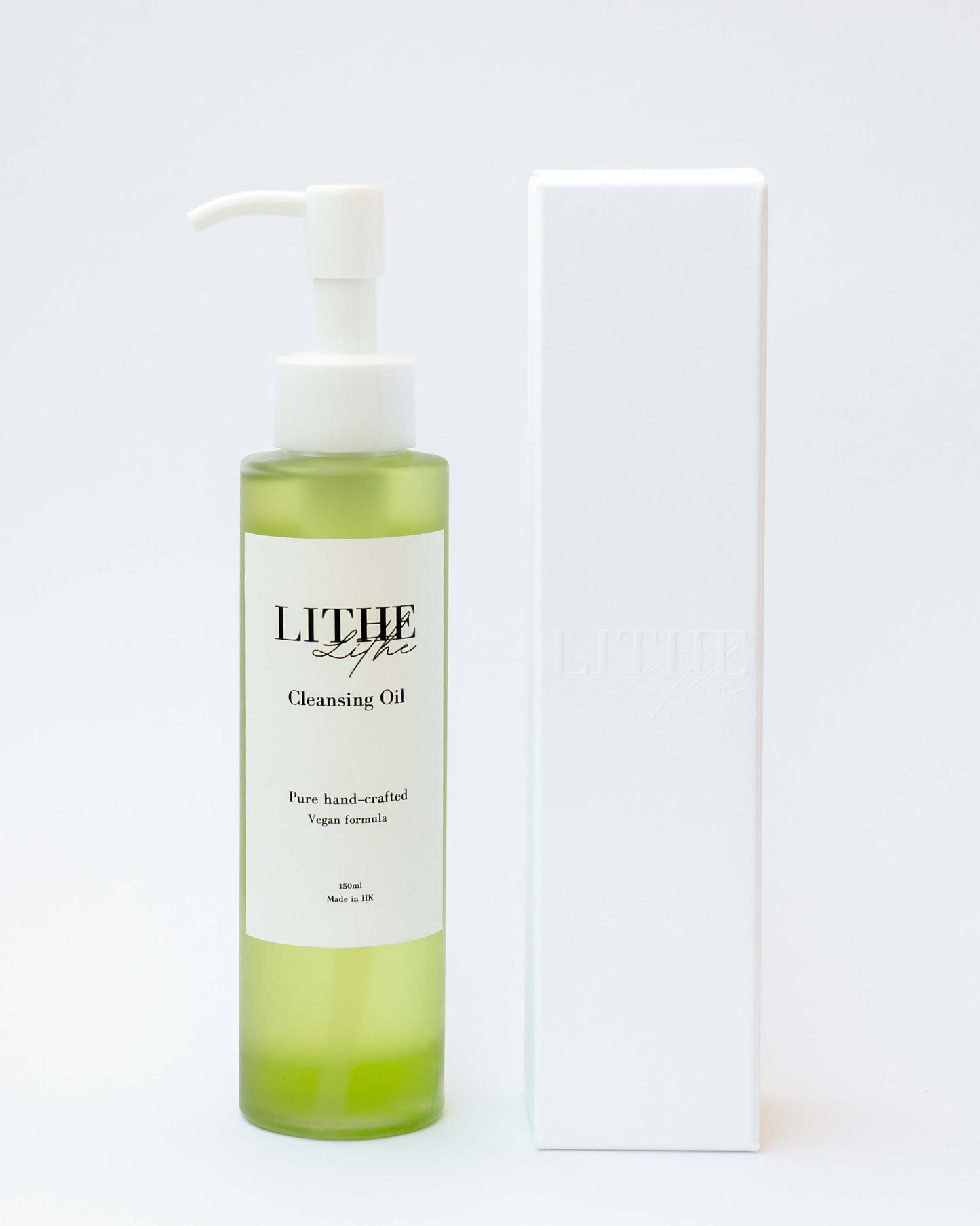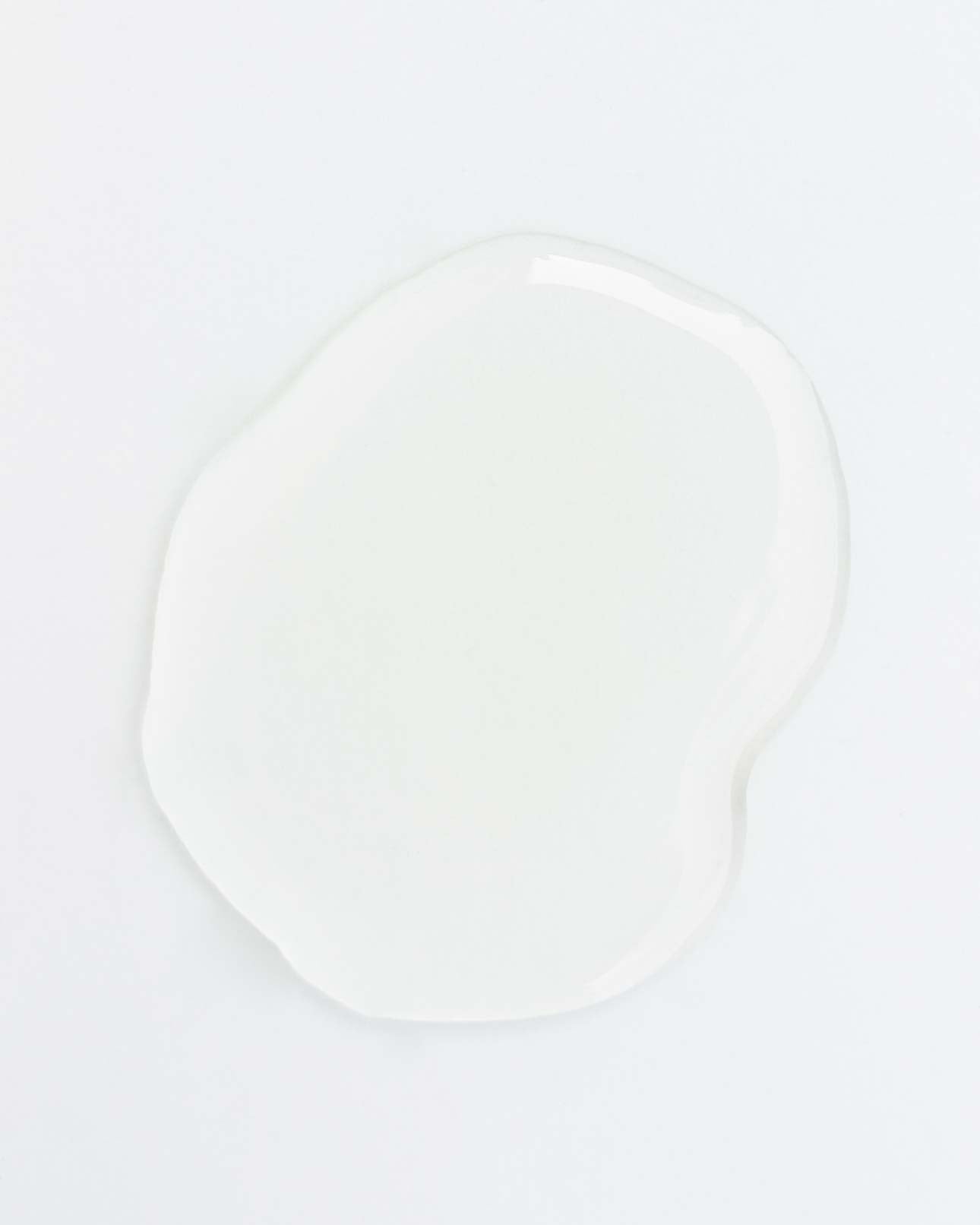Just like the ever-changing seasons of nature, our emotions fluctuate as well.
We often hear the phrase "wearing a smile on our face," and that's because our emotional state can leave traces on our skin. When we feel happy and relaxed, our skin tends to appear healthy, radiant, and glowing. On the contrary, when we experience stress, anxiety, or depression, our skin may become dull, dry, sensitive, or even develop skin issues.
The impact of emotions on the skin is multi-faceted.
Emotional fluctuations directly affect our hormone levels. When we feel tense or anxious, our body releases stress hormones like cortisol, which can increase inflammatory responses in the skin, leading to sensitivity, acne, eczema, and other problems. Additionally, prolonged stress can disrupt the skin's natural repair processes, resulting in a loss of radiance and elasticity.
Emotions also influence our lifestyle choices and habits, which in turn reflect on our skin. When we feel emotionally down, it often affects our choices regarding diet, sleep, exercise, and more. Unhealthy eating, lack of sleep, and a sedentary lifestyle can all contribute to skin problems such as dullness, dryness, and the appearance of wrinkles.
Furthermore, emotions can impact our skincare habits. During times of emotional distress, we may neglect skincare or overly rely on unhealthy skincare practices, such as frequent use of harsh products or excessive face washing. These detrimental habits can disrupt the skin's barrier function, leading to moisture loss, sensitivity, and inflammation.
So, how can we mitigate the impact of emotions on our skin?
First and foremost, recognizing the importance of mental well-being is crucial. Finding suitable methods of emotional management, such as meditation, exercise, and socializing with loved ones, can help alleviate stress, anxiety, and depression, thereby improving skin conditions.
Additionally, establishing healthy lifestyle habits, including a balanced diet, adequate sleep, and moderate exercise, is paramount for skin health.
Lastly, maintaining a regular skincare routine and selecting skincare products suitable for our skin type are essential. Avoid using harsh products and prioritize gentle and effective cleansing and moisturizing steps.
Indeed, the traces of our emotions are imprinted on our skin. Let us acknowledge that mental well-being is one of the vital factors in skincare.
Note: This article is for reference only. If you have severe skin issues or struggles with mental health, please consult a healthcare professional or mental health expert to obtain professional advice and treatment plans tailored to your individual situation.





